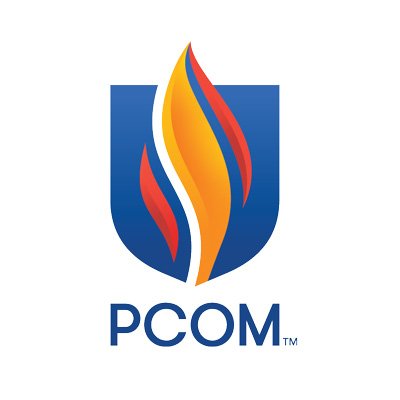From Accidents to Overdose: How to Promote EMS in the Media
It’s no secret that alcohol and drugs are a tremendous problem in this country. An estimated 10 million Americans are alcoholics or problem drinkers, and many of them are teens. Drug-related accidents and injuries claim more than 3,500 lives every year, as many of our emergency physicians can tell you. This program is good for the community because it focuses not only on the problems of alcohol and drug abuse, but on how to help yourself or someone else in an accident or overdose situation. You’ll find it interests both teens and adults.
How to put on the program
Contact your public or community relations staff to help plan and publicize the program. Determine the date, location, hours, and a creative name for the event and what kind of experts you’ll need to present a thorough program. Check to make sure the location has enough parking to accommodate participants. This might make a good evening program for EMS Week.
In addition to EMS professionals, recruit speakers from your local Council on Alcoholism and Drug Abuse, and perhaps Alcoholics Anonymous, and a drug abuse counseling center. Contact them at least two or three months before the program to allow planning time.
After presenters are confirmed, call a meeting and “brainstorm” with these experts on the length, tone, and agenda of the program. An informational approach to the subject works best—avoid “preaching” at all costs. Determine whether you want the agenda to include longterm treatment and rehabilitation information or just the short-term medical information necessary during the accident or overdose crisis. Encourage speakers to look for exciting ways to present or demonstrate their material. Allow time for questions and answers at the end. A paneltype presentation often is best for this. Suggestions for an agenda may include:
- The Facts on Alcoholism and Drug Abuse
- What You Can Do When Someone Has Drunk Too Much.
- What You Can Do in a Drug Overdose Situation
- What You Can Do in an Alcohol or Drug Related Accident
- Accessing the Emergency Medical System
- Getting Help for Alcohol Addition
- Getting Off Drugs
- How You Can Help a Family Member or Friend
Reserve the location for your program and make arrangements for any audio-visual equipment you’ll need. Ask if the alcohol and drug abuse organizations in your community have literature you can use for handouts, or make your own alcohol and drug abuse medical emergency handout with the help of your EMS personnel.
It is critical to get advance coverage from the media for this event. A feature article on one of your EMS personnel, or an interview about alcohol and drug abuse with one of your speakers, could mention your upcoming information program. Two or three weeks before the event, send a media memo (see sample) to your local newspapers and announcements to your radio stations.
Start about a month in advance working with your high school principals to publicize the event to students. Ask ifyour high school teachers could distribute the flyers to grades 10 through 12 and have them posted on bulletin boards.
A week before the program, hold a final meeting with your presenters. Review the agenda and remind presenters to wear their uniforms when applicable. Confirm all of the audio-visual and other equipment that each presenter will need, and that your handouts are printed and ready. On the day of the event, place signs in various locations around the event telling the participants where to go and where to park.
Dangers of Alcohol: Information for education and organizations that can help
Interactions With Medications
Alcohol interacts negatively with more than 150 medications. For example, if you are taking antihistamines for a cold or allergy and drink alcohol, the alcohol will increase the drowsiness that the medication alone can cause, making driving or operating machinery even more hazardous. And if you are taking large doses of the painkiller acetaminophen and drinking alcohol, you are risking serious liver damage. Check with your doctor or pharmacist before drinking any amount of alcohol if you are taking any over-the-counter or prescription medications.
Interpersonal Problems
The more heavily you drink, the greater the potential for problems at home, at work, with friends, and even with strangers. These problems may include:
- Arguments with or estrangement from your significant other or family members;
- Strained relationships with fellow students;
- Absence from or lateness to class with increasing frequency;
- Deterioration of grades due to decreased productivity.
- Committing or being the victim of violence.
Long-Term Health Problems
Some problems, like those mentioned above, can occur after drinking over a relatively short period of time. But other problems--such as liver disease, heart disease, certain forms of cancer, and pancreatitis--often develop more gradually and may become evident only after long-term heavy drinking. Women may develop alcohol-related health problems after consuming less alcohol than men do over a shorter period of time. Because alcohol affects many organs in the body, longterm heavy drinking puts you at risk for developing serious health problems. If you or someone you know has been drinking heavily, there is a risk of developing serious health problems. Because some of these health problems are both reversible and treatable, it is important to see your doctor for help. Your campus health center will be able to advise you about both your health and your drinking.

